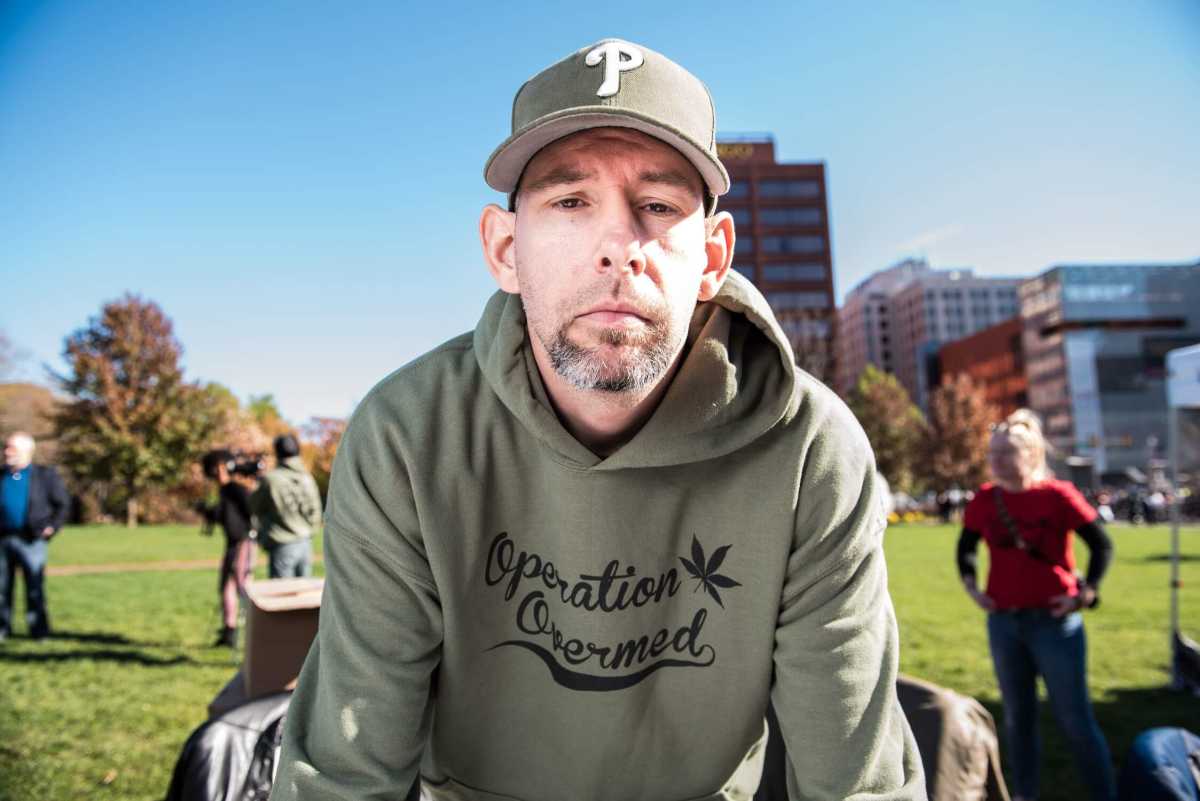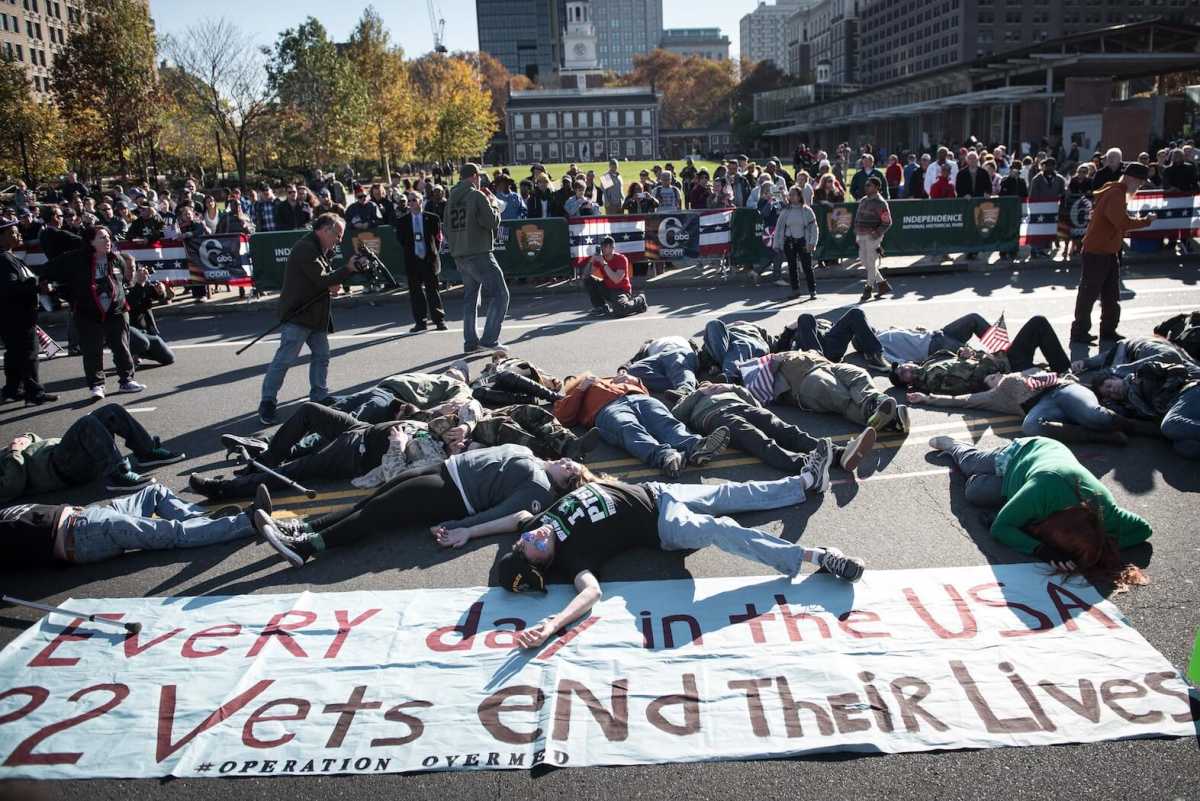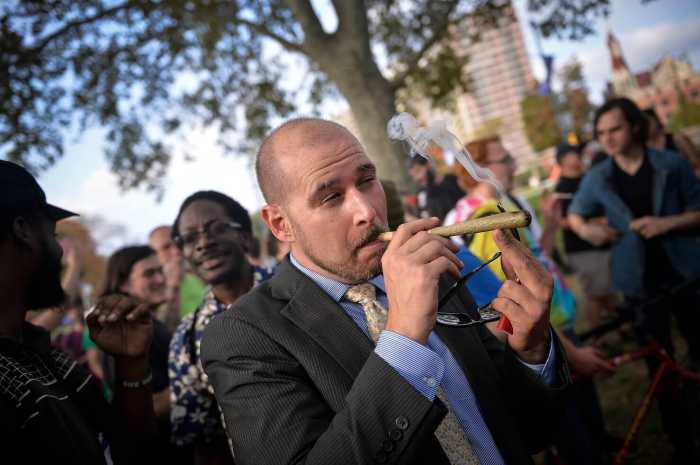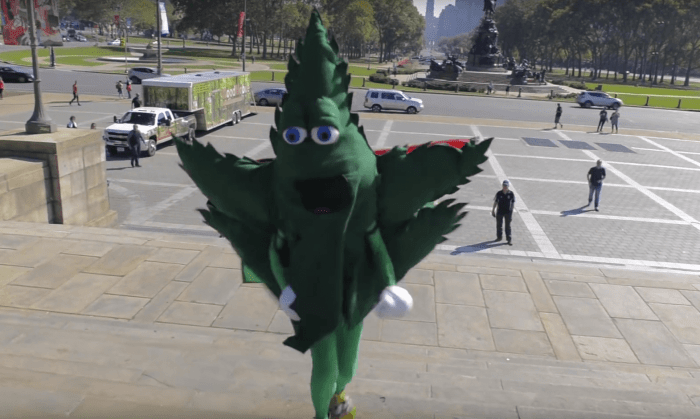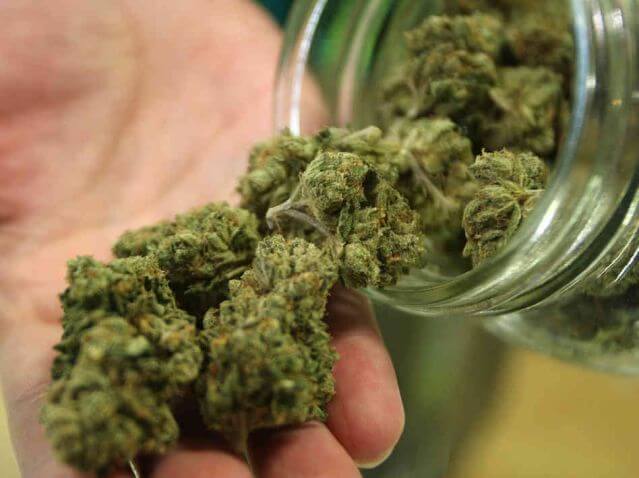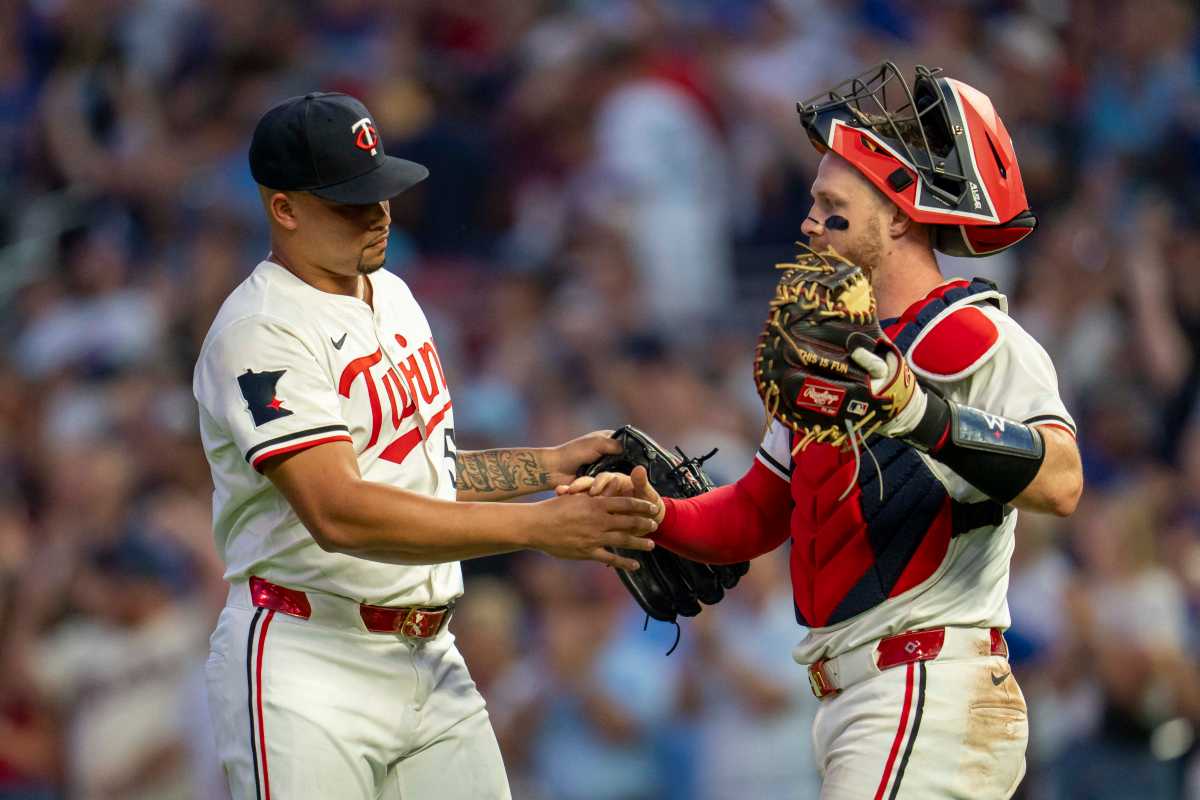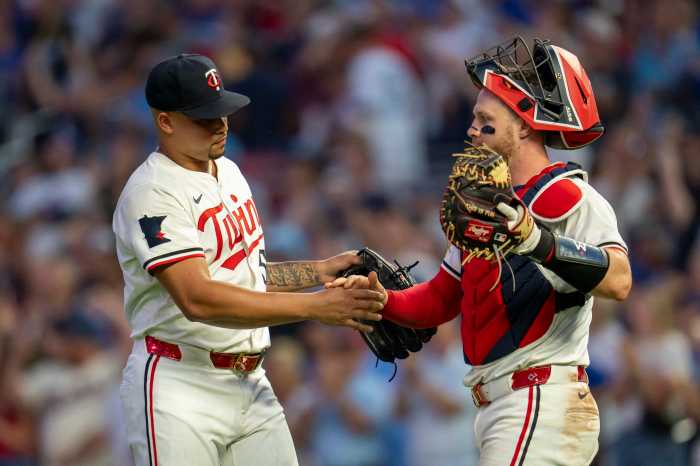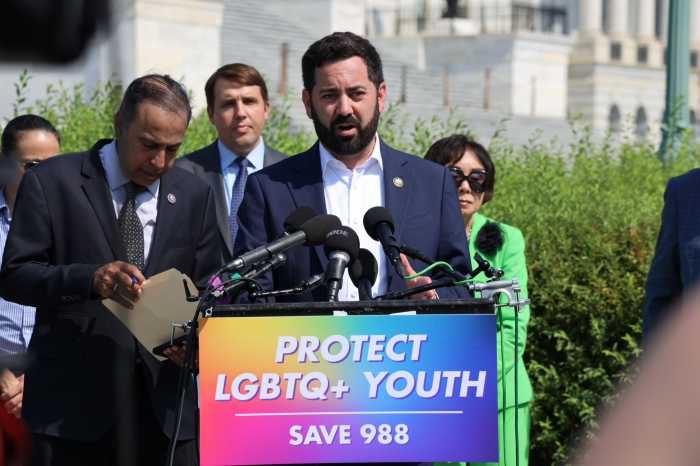For years, former U.S. Marine Mike Whiter has been sharing the story of how cannabis saved his life.
On Veterans Day this year, he took the message that vets like himself need access to medical marijuana to President-elect Donald Trump.
“22 veterans commit suicide every day, @realDonaldTrump. You say you support veterans? Let’s talk about cannabis for PTSD!” Whiter tweeted.
You say you support veterans, @realDonaldTrump. Let’s talk about cannabis reform for veterans. #LetsTalkAboutit #thc4ptsd #operationovermed pic.twitter.com/yOJbhMEpDm
— Mike Whiter (@PHLstoner) November 11, 2016
22 veterans commit suicide every day, @realDonaldTrump. You say you support veterans? Let’s talk about cannabis for PTSD! #LetsTalkAboutit pic.twitter.com/vAgcDnn3Ln
— Mike Whiter (@PHLstoner) November 11, 2016
Whiter said in a phone interview that he is hoping Trump delivers on campaign trail promises about helping veterans.
“I disagree with probably 85 percent of what this guy says,” Whiter said. “But I’m trying to stay positive and hopeful that’s he actually going do what he said he was going to do. He said he was going to reform Veterans Affairs. That is something I intend to hold him to.” “You’re not going be able to help veterans until marijuana is accessible federally,” he continued. “We’re federal medical patients, and state laws aren’t going to help us.”
Whiter has shared his story in the past as an advocate for medical marijuana to treat veterans with post traumatic stress disorder.
Struggling to readjust to civilian life after 11 years in Kosovo and Iraq, Whiter was put on full disability by the Department of Veterans Affairs. A heavy regimen of pharmaceuticals prescribedby his doctors took a devastating toll on his mental health and life, and drove him to attempt suicide several times. Marijuana changed all that, he said. “It saved my life,” he said. “I’d be dead if I hadn’t started using cannabis.”
Whiter thinks Trump and other government officials need to hear stories like his.
“It’s something he needs to know about.I don’t think he is as educated as he should be about this,” he said.
Five states legalized marijuana on Election Day this year, but those laws in some cases won’t take effect for years. Pennsylvania legalized medical marijuana this year, but the dispensaries aren’t open yet. “Pennsylvania medical marijuana is over-restricted. It’s a little bit of a joke. It’s really not going to be accessible to vets in the form that we need it,” Whiter said. “There are no buds, no plant-form cannabis—just tinctures, oils, topicals. … It’s derivatives, not marijuana.” The hoops patients need to jump through could prove an obstacle for vets as well, he said.
“I don’t think it’s going to be helpful for vets. I think a lot of vets are going to be scared because of the restrictions and the over-regulation, the registries they have to be on,” he said. “It’s going to drive patients away who need it. It’s really a conundrum that we’re in.” At Philadelphia’ 2015 Veterans Day parade, Whiter organized a group of 22 veterans to stage a die-in protest to symbolize the estimated 22 military veterans who die by suicide each day in the U.S. When the die-in began, attendees booed. But after Whiter told the crowd that the demonstration was intended to help vets with PTSD, he and his fellow vets were applauded. Despite public support, real change in the medical field is what Whiter is after. If it’s not coming from the federal government, he’s always willing to step in himself.
“If I’m able to, I will help a vet get cannabis,” he said. “If there’s a vet that’s suffering that calls me to ask for help, I will help them, because I understand what it’s like to not have access, to be scared, and a lot of these vets are.”



